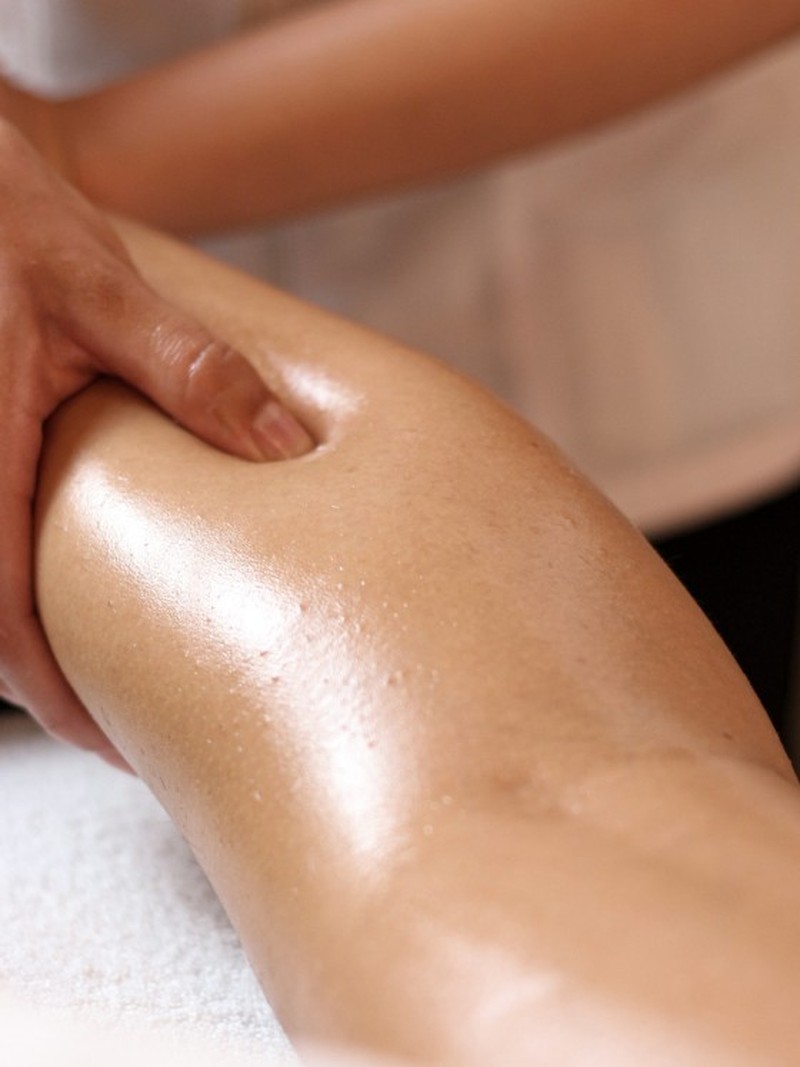10 Ways To Ease Sore Muscles
Avoid Overworking Muscles
“Muscle soreness – also known as delayed onset muscle soreness (DOMS) – is a very normal part of training, although it’s not necessarily a sign of a good workout. When you’re new to training, you’re more prone to DOMS as you’re using muscles in new ways, and it will take longer to subside. The more trained you are, the less you’ll be affected by DOMS and the quicker you’ll recover. It’s fine to work out when sore, but not to the point that it affects your technique. For example, if you’ve done an intense lower-body day then include squats and deadlifts in a workout the following day, muscle fatigue could compromise technique and lead to injury. There’s no timescale for soreness – we are all unique – so listen to your body and work within a threshold you can tolerate. If in doubt, swap the gym for a walk, which will increase blood flow and lymphatic drainage to aid with the removal of waste products and deliver nutrients to tired muscles.” – Calum Sharma, head of exercise science at The Body Lab
Prioritise Protein
“It’s well known that protein is essential post-exercise – it repairs and rebuilds muscle fibres that break down when we work out. Eggs are an ideal post-workout meal idea. They are a complete source of protein – which means they contain all 20 amino acids that the body needs to repair damaged muscle tissue – and one of the most nutrient-dense foods, which means they will fuel the body with health-enhancing nutrients to naturally speed up recovery. Protein from oily fish will also reduce inflammation and aid recovery – prioritise salmon, mackerel, anchovies, sardines and herring. These fish varieties are also abundant in a wide spectrum of nutrients that the body will benefit from to regenerate muscle cells.” – Jess Shand, naturopathic nutrition specialist
Find An Infrared Sauna
“Infrared saunas are a great way to ease muscle soreness and support recovery. They harness light to create heat, which causes blood vessels to widen and relax, facilitating improved blood flow to areas of the body that are lacking in both oxygen and nutrients. This produces a detoxifying sweat that rids the body of toxins and waste products while giving sore muscles a boost of nutrients. The heat from an infrared sauna also reduces the viscosity of fluids near the skin’s surface, allowing blood to flow more easily to the muscles to aid repair and regeneration.” – Calum
Load Up On Antioxidants
“When you exercise, your muscles produce free radicals as a by-product of energy metabolism, which can cause inflammation, leading to muscle soreness and impaired recovery. Eating antioxidant-rich foods can counteract the effect of free radicals and aid muscle recovery. Sweet potatoes are a great nutrient-dense carbohydrate which will not only replenish depleted energy stores post-exercise but, being rich in antioxidant-rich beta-carotene, will lower inflammation. Beetroot is also rich in antioxidants and can aid sore muscles – blitz raw beetroot with lemon and ginger and drink as a smoothie. Sipping on coconut water – naturally rich in antioxidants and electrolytes – can also support the body.” – Jess
Support With Supplements
“Studies show drinking Montmorency cherry juice can reduce muscle damage and inflammation, and it’s worth taking regularly if you exercise frequently or are training for an endurance event. The benefits are attributed to Montmorency cherries’ high content of anthocyanins, which improve blood flow and act as antioxidants to mop up inflammation. Protein powder is also worth taking – it’s a simple and fuss-free way to get more amino acids into the diet without having to go overboard on eating chicken and fish at every meal. Protein powders come in many flavours and can be incorporated into breakfasts (think pancakes and porridge) as well as baking and breakfast smoothies.” – Lauren Windas, nutritionist & naturopath at Bodyspace
Steer Clear Of Sports Massage
“An intense sports massage may seem like a good way to relieve tension in overworked muscles, but a more superficial treatment like lymphatic drainage is preferable. A heavy massage will only cause more pain and prolong the healing process. Imagine waiting for a scab to heal and constantly picking at it – this will mean it’ll only take longer to heal. When it comes to muscles, it’s better to heal from the inside, using lighter techniques to allow muscle soreness to dissipate quicker.” – Calum
Soak In Epsom Salts
“Adding a cup of Epsom salts into your bath is a fantastic and science-backed way to soothe and relax sore muscles. Epsom salts are rich in magnesium sulphate, and when magnesium is applied topically to the skin, it can be absorbed directly into the bloodstream and delivered to the cells and tissues that need it. Soaking in Epsom salts can also reduce the build-up of lactic acid in overworked muscles. In some cases, transdermal magnesium absorption may be more effective than oral supplementation.” – Lauren
Try Turmeric
“Turmeric has anti-inflammatory properties due to its active ingredient called curcumin. Inflammation can contribute to muscle soreness and stiffness after exercise, especially if a workout engages new muscle groups or requires new ranges of motion, the primary reasons behind DOMS. Turmeric supplements have been shown to have powerful anti-inflammatory and pain-blocking capacities, making them worth a try. Studies suggest taking a turmeric supplement regularly can be an effective way to deal with DOMS.” – Nicholas Berger, senior lecturer in exercise physiology
Don’t Overdo Ice Baths
“Ice baths have become a popular way to kickstart muscle recovery, but there is evidence to suggest they may interfere with the body’s natural inflammatory response, which is important for tissue repair and adaptation. Plunging into ice-cold water blunts the body’s ability to adapt to exercise, which effectively halts the recovery process. To properly recover, your muscles need to stay warm, which circulates specific proteins through the body to kickstart recovery. Cooling the muscles and joints does speed up recovery but reduces the benefits of training, so save ice baths for competitive days when you need to recover quickly between events, and avoid doing them after training sessions.” – Nicholas
Get An Early Night
“Don’t underestimate the power of sleep when it comes to muscle recovery. A 2021 study looked at how sleep can aid recovery and muscle injuries – it found that getting an hour or two of additional sleep can increase levels of growth hormone, which plays an active role in reducing local inflammation and supporting recovery. If you struggle with sleep, practise breathwork, which can shift your nervous system into a more relaxed state, which aids the restorative effect of sleep.” – Tom Cheeseman, lifestyle performance director at BodySpace
For more information visit Body-Space.co.uk, Research.Tees.ac.uk, TheBodyLabLondon.com & follow @EatNourishAndGlow.
SHOP THE EDIT
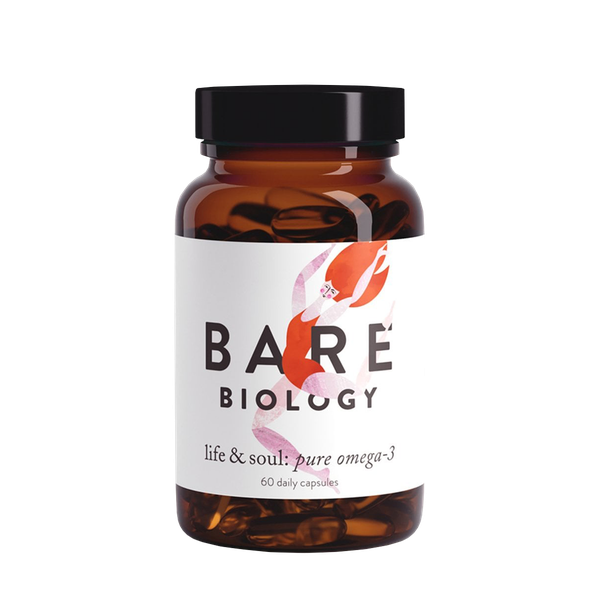
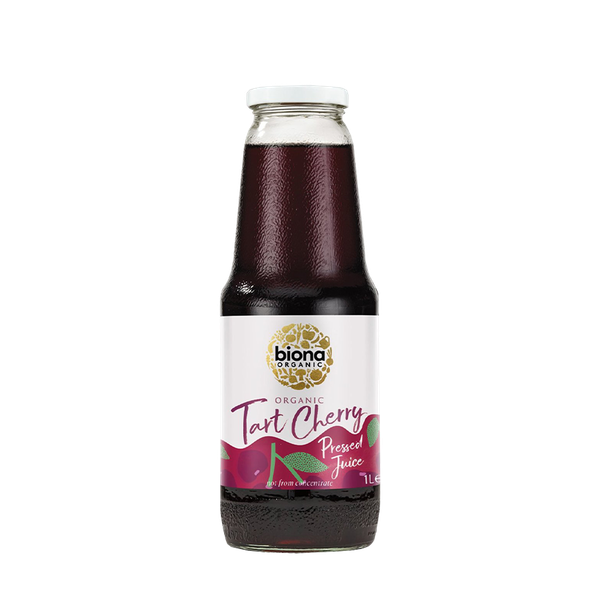
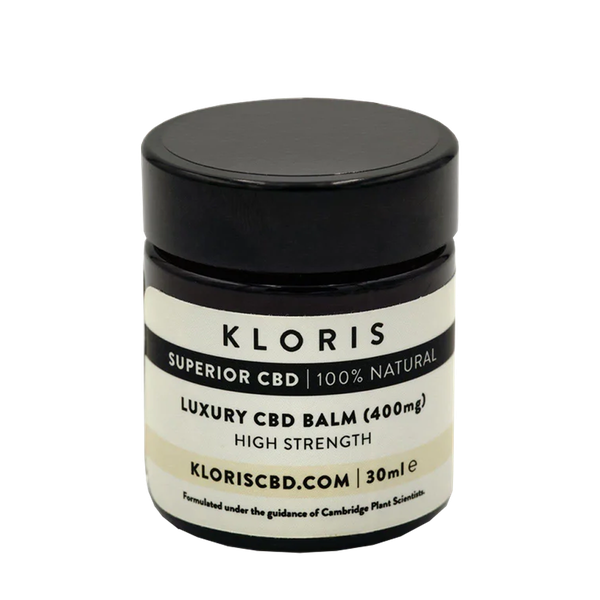
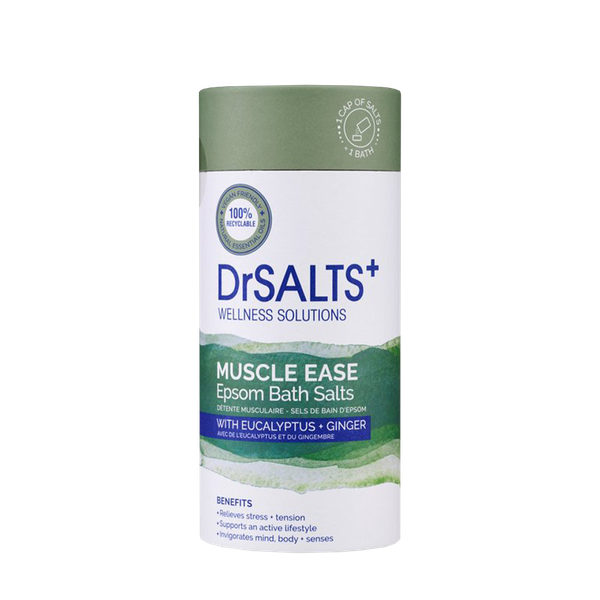
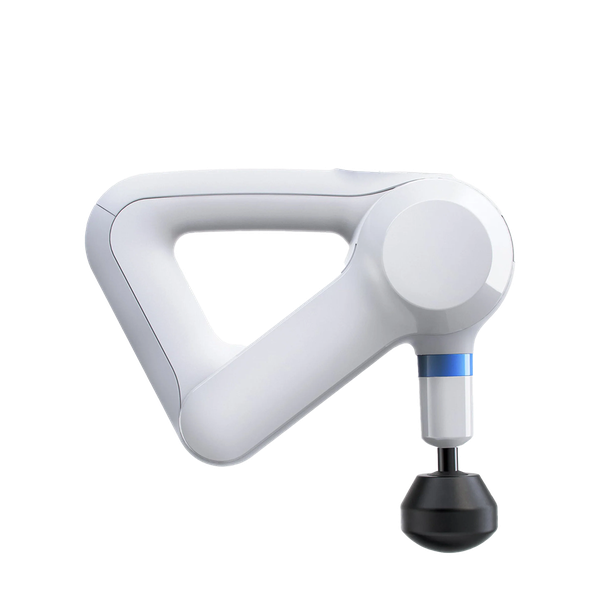
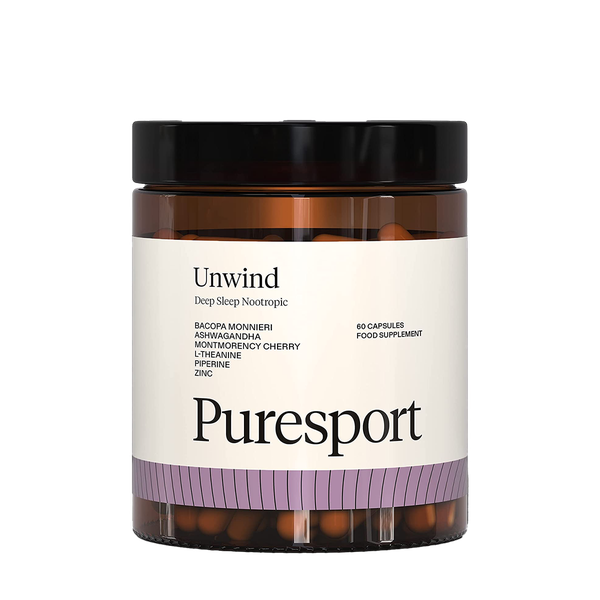
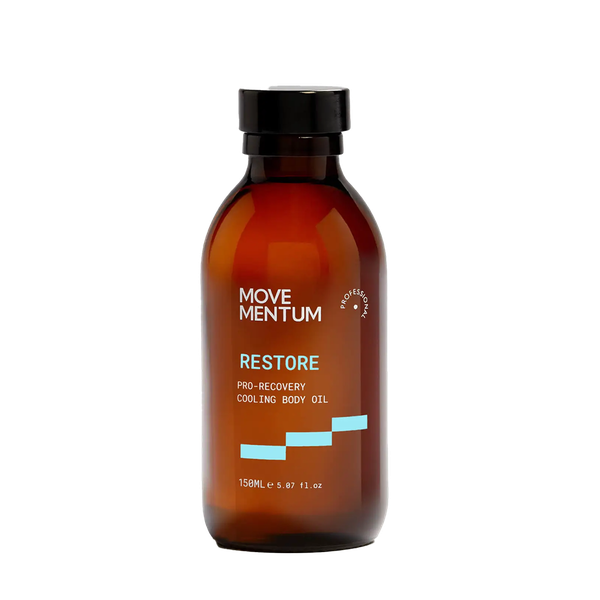
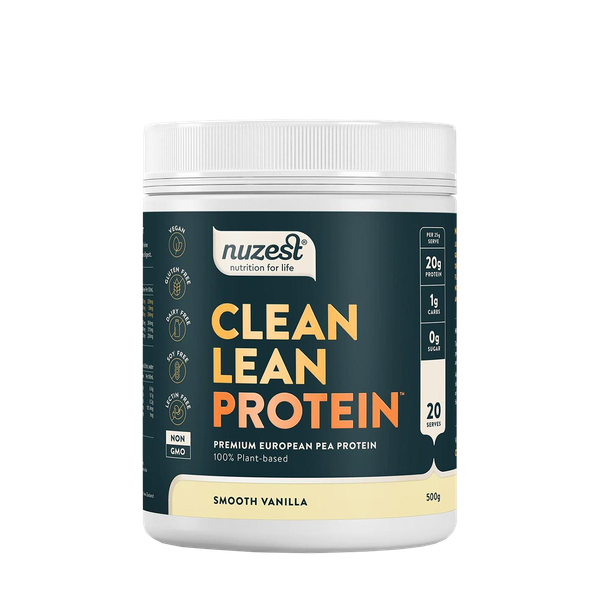
DISCLAIMER: Features published by SheerLuxe are not intended to treat, diagnose, cure or prevent any disease. Always seek the advice of your GP or another qualified healthcare provider for any questions you have regarding a medical condition, and before undertaking any diet, exercise or other health-related programme.
DISCLAIMER: We endeavour to always credit the correct original source of every image we use. If you think a credit may be incorrect, please contact us at info@sheerluxe.com.
